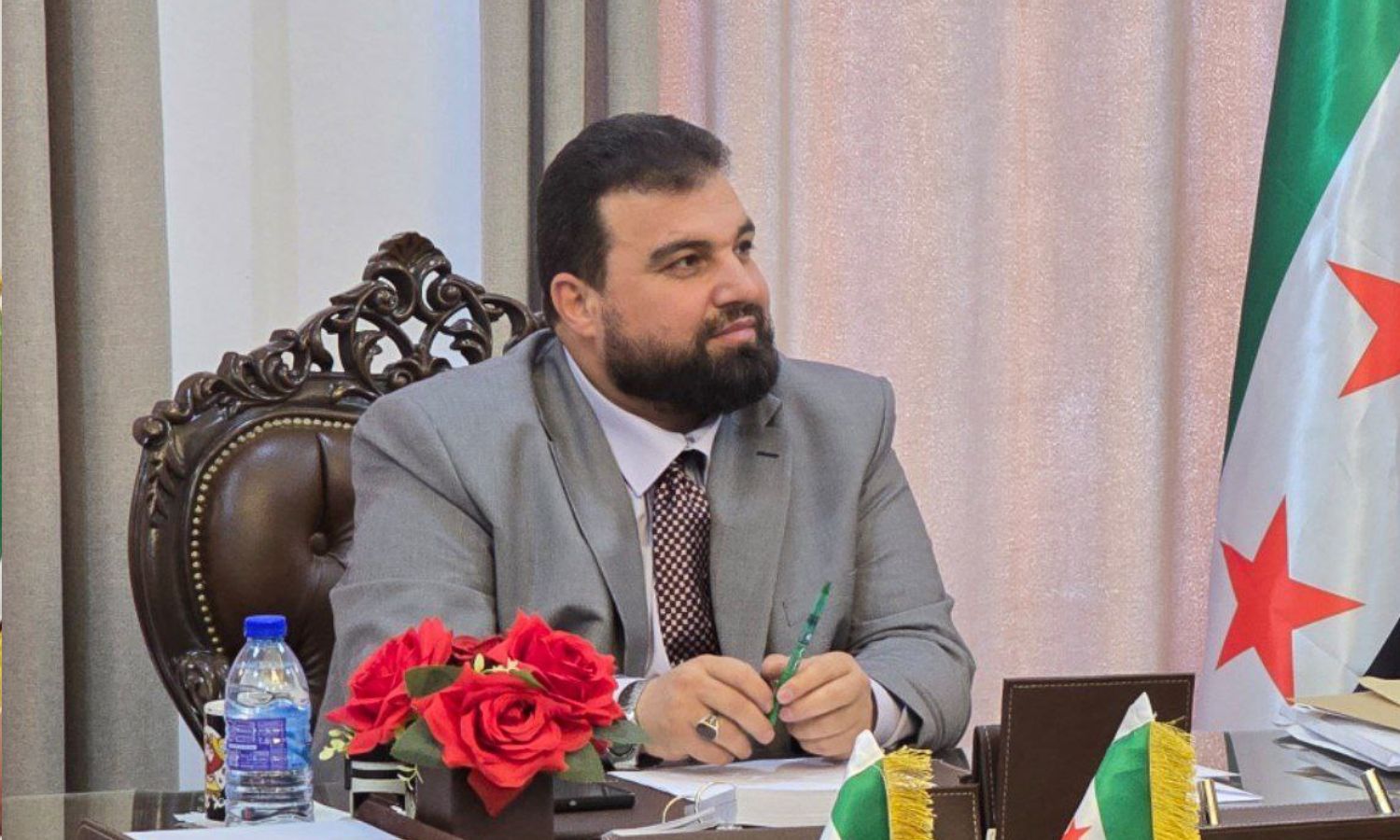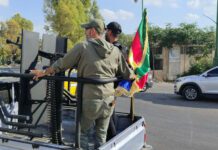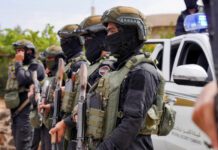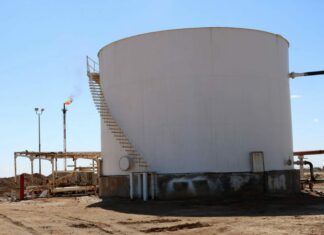 In a closed meeting with journalists on October 8, Governor Mustafa al-Bakour blamed armed groups and criminal networks for obstructing government and humanitarian access, looting banks and preventing government aid. The remarks came during a private briefing attended by Levant24, whose correspondent reported that Bakour characterized the situation as “untenable but not hopeless.”
In a closed meeting with journalists on October 8, Governor Mustafa al-Bakour blamed armed groups and criminal networks for obstructing government and humanitarian access, looting banks and preventing government aid. The remarks came during a private briefing attended by Levant24, whose correspondent reported that Bakour characterized the situation as “untenable but not hopeless.”
According to the governor, a US, Jordanian, Gulf, and Turkish-backed deal had been brokered earlier this year to end bloodshed in the province, but prominent Druze leader Sheikh Hikmat al-Hijri “refused to accept.” Bakour said limited lines of communication remain open between Damascus and local representatives, but progress has stalled amid security concerns.
“People say they are under siege, with no fuel or wages,” Bakour said, “and we say we are ready to help—but we cannot if they won’t let us in.” He accused Druze militias and factions of restricting movement in and out of Suwayda and seizing control of key checkpoints.
Looted Banks, Unpaid Wages, and Aid Theft Claims
Bakour claimed that armed factions stole at least 20 million Syrian pounds and $100 million from provincial banks, prompting the government to suspend wage transfers and fuel payments through the banking system. “We cannot risk sending money that will be stolen again,” he said.
The governor added that Damascus offered to dispatch an accountant to distribute public-sector wages under the supervision of the Syrian Arab Red Crescent, but Druze factions rejected the proposal. “Government employees are still working,” he said, “but there is no direct coordination for security reasons.” He estimated that over 400 state security personnel were killed during the unrest.
He also accused Hijri of “stealing aid” and promoting separatism by urging Druze communities to “separate from the Syrian state.” Despite these tensions, Bakour said some residents have begun rejecting such rhetoric. “Now that things have calmed,” he said, some are asking “why should we raise the Israeli flag?” With many now “returning to a Syrian national identity.”
Hostage Exchanges and International Efforts
Addressing the issue of detainees, the governor said tribal fighters handed over captives to the government, leading to the release of 110 detainees from state prisons in two phases. He contrasted that with Druze factions, which, he said, “have released no prisoners or hostages,” including humanitarian volunteer Hamza al-Amarin of the Syrian Civil Defense.
Bakour said the Red Crescent facilitated all verified prisoner exchanges and continues to assist displaced families, distributing 100,000 food parcels to about 10,000 households. Families displaced to Daraa have received between $300 and $1,000 for temporary shelter and relocation, depending on size, he said.
The governor added that the tripartite Syria-US-Jordan agreement remains active, supporting international investigations and humanitarian access to the province. He said Damascus is waiting for the Druze council of scholars, Sheikhs al-Akl, to “take responsible action” that would allow residents to return home and for essential services to be restored.








